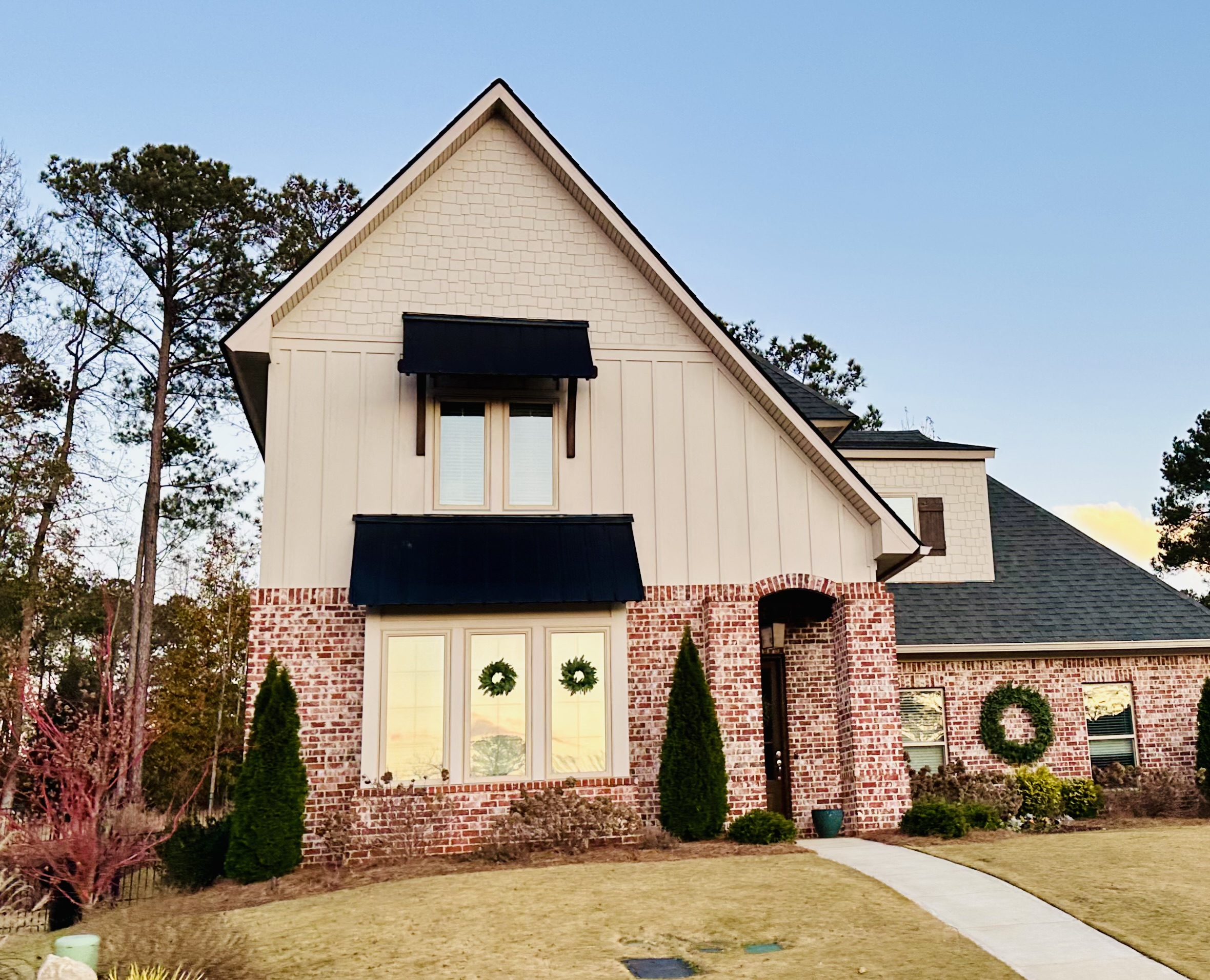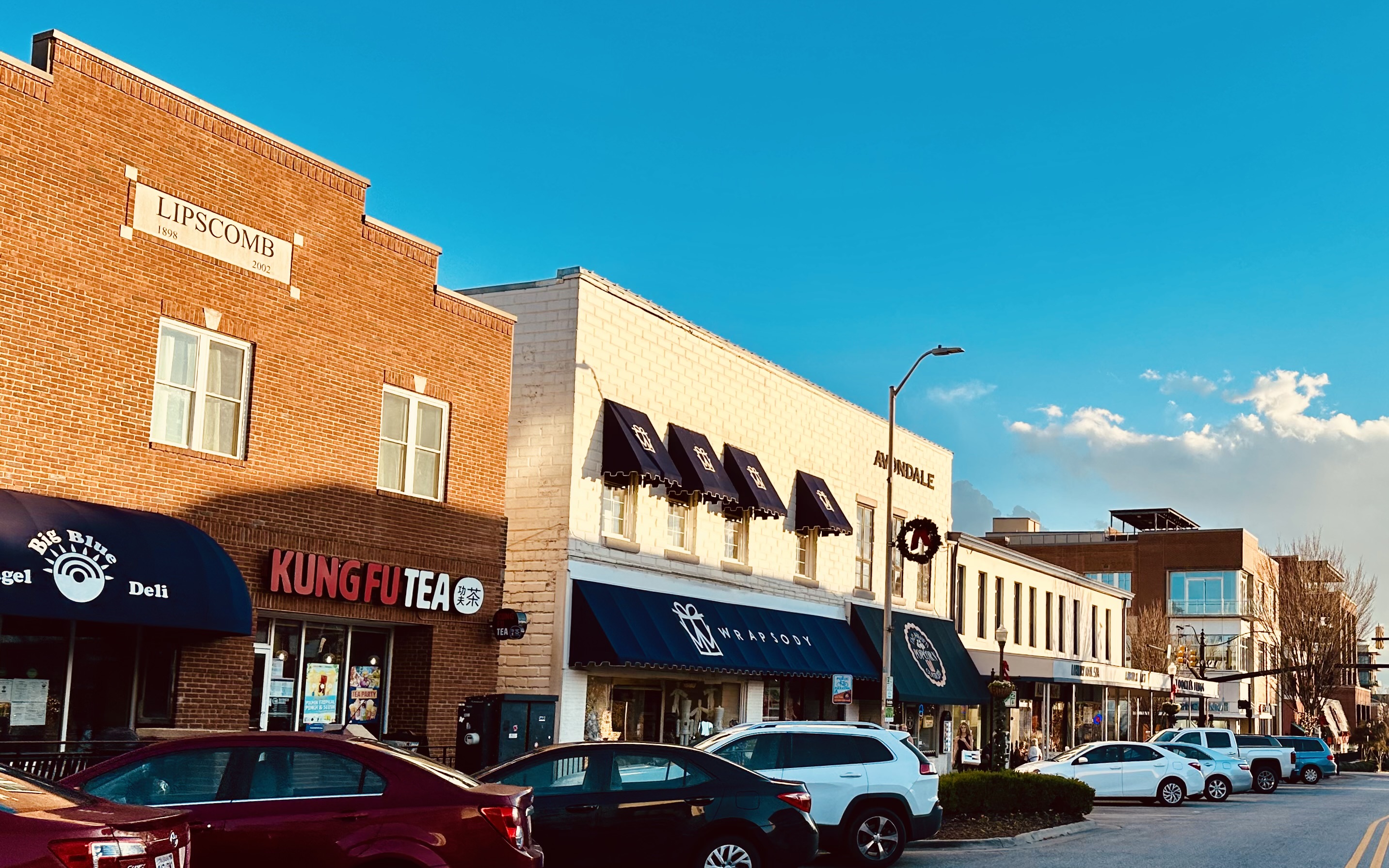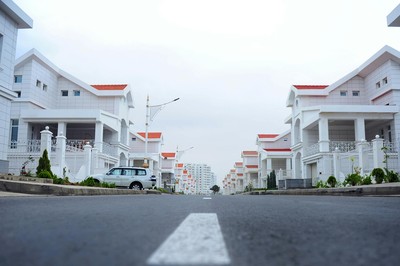Legalities of Building an ADU (Accessory Dwelling Unit) in Lee County
Building an accessory dwelling unit (ADU) presents a unique opportunity for homeowners seeking to expand their living space, accommodate multigenerational families, or even generate rental income. However, the endeavor is not without its challenges, particularly when it comes to navigating the legal landscape in Lee County. As prospective builders embark on this journey, a deep understanding of zoning regulations and legal mandates is critical to ensure compliance and a smooth development process.
At the outset, it is imperative that homeowners verify the zoning designation of their property. Lee County permits ADUs primarily within designated residential zones, and confirming this early on can prevent unnecessary legal entanglements. The county’s zoning map outlines which areas are eligible for ADU development, but it might be prudent to consult with local authorities or a zoning specialist to decipher any nuances, especially should your property fall near zone boundaries.
In certain scenarios, especially where zoning laws are restrictive, securing a special use permit or variance may be paramount. This requirement adds an additional layer to the approval process, necessitating engagement with county officials to justify why an ADU should be permitted despite zoning restrictions. It often demands a well-articulated presentation of how the ADU would enhance property use without negatively impacting the community’s character or infrastructure.
Moreover, Lee County enforces strict adherence to building codes focusing on structural integrity, safety compliance, and energy consciousness. The construction of an ADU is subject to checks that ensure it meets or exceeds the standards set for such supplementary buildings. This includes everything from architectural soundness and the quality of building materials to the implementation of fire safety measures and adequate heating, ventilation, and air conditioning systems.
Particular attention must also be paid to setback requirements, which dictate how far the structure must be from property lines. These are fundamental in preserving neighborhood aesthetics and ensuring that the ADU doesn’t infringe upon neighboring properties or public right-of-ways. Non-compliance with these setbacks can lead to costly redesigns or, worse, demolition orders.
In terms of logistics, potential ADU developers must consider parking regulations, which often stipulate additional off-street parking provisions. This aspect tends to be a sticking point in densely populated areas where parking is already a premium. Lee County mandates these provisions to minimize street congestion and maintain community order.
There are also restrictions concerning the size of ADUs. Generally, these units cannot surpass a certain percentage of the main dwelling’s size or exceed a specified square footage. Compliance with these metrics is vital to uphold the balanced residential appearance of neighborhoods and prevent the overpowering of primary residences.
Utility connection is another significant consideration. Ensuring reliable and lawful access to water, sewer, and electricity services is essential. It is advised to consult with utility providers early to understand the modifications necessary to support the additional unit. Challenges like inadequate water pressure or insufficient electrical capacity can derail the project if not addressed beforehand.
For areas within Lee County—like Auburn and Opelika, known for their proximity to Auburn University, or the more secluded retreats around Lake Martin—homeowners might face additional scrutiny. In Auburn and Opelika, the vibrant university-affiliated community could mean additional covenants or HOA (Homeowner Association) rules that regulate ADU constructions to maintain a cohesive neighborhood appearance or safeguard property values. Around the tranquil enclaves of Lake Martin, where luxury and discretion are prized, strict HOA rules often govern architectural design, preventing any deviation from the established aesthetic norm.
Therefore, before plunging headlong into construction, it is prudent to engage with legal professionals seasoned in real estate matters within Lee County. These experts can offer invaluable insights and help streamline the bureaucratic maze, ensuring that all requisite documentation is filed correctly and any potential legal hurdles are navigable.
For those contemplating ADU development as a means of investment, the allure of additional rental income can be substantial. However, while enticing, it necessitates a careful analysis of the rental market, occupancy rates, and tenant demand within the region. This financial angle presents yet another layer of complexity, where consultation with real estate analysts or financial advisors might prove beneficial.
In essence, the process of building an ADU in Lee County is one that demands meticulous planning and a thorough understanding of the local legal environment. Through strategic planning, engagement with knowledgeable professionals, and a proactive approach to meeting each requirement step-by-step, prospective builders can increase the likelihood of transforming their ADU vision into reality while enhancing the overall value and utility of their property.



Disclaimer: The information provided in this blog is for general informational purposes only and reflects personal opinions. It is not intended as professional real estate advice and should not be construed as such. While efforts are made to ensure the accuracy of the information, errors may occur, and laws and regulations may change. Readers are advised to consult with a licensed real estate professional or legal advisor before making any real estate decisions. The author and publisher disclaim any liability for any decisions made based on the information contained herein.









